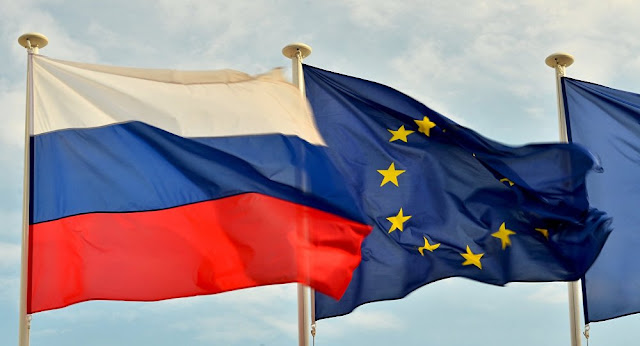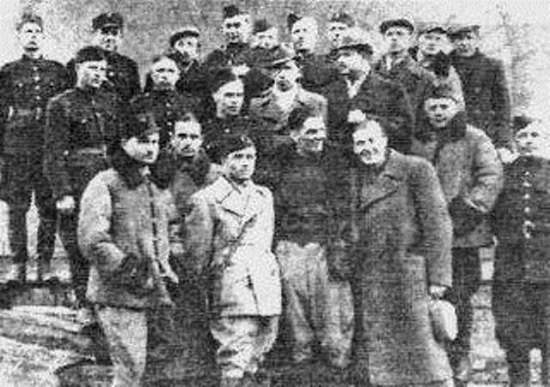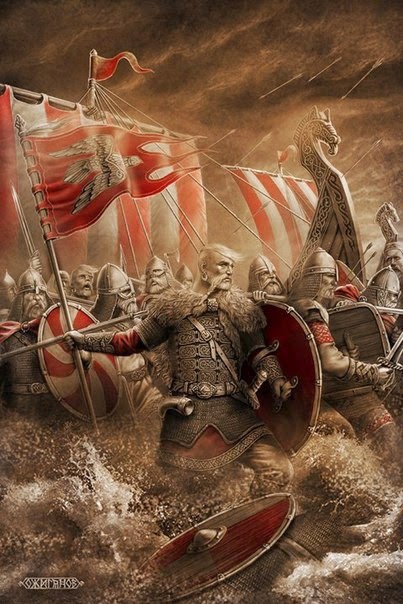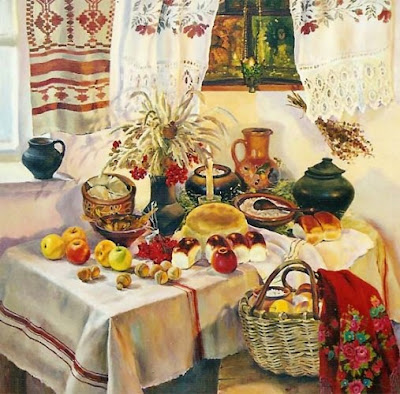BRUSSELS-MOSCOW: BETWEEN CO-OPERATION, CONFRONTATION AND INTEGRATION
The relationship between Moscow and the European Union as a certain integrity can not be described by a single concise formula. Clearly, the international politics in general rarely can be depicted exclusively in black and white. In general, relations between the EU and Moscow include powerful cooperation, occasional confrontation, and broad prospects for integration, including the accession of Russia to the EU (or the formation of a new federation through the union of the EU and the Russian Federation).
Important factors of cooperation and integration are the economic benefits (first of all - in the energy sector), globalist aspirations of the liberal part of the European Union elite and the fact that both the EU and the Russian Federation are cosmopolitan formations. In parallel, we can emphasize some factors, that are triggering confrontations, among them the excessive ambitions and aggressiveness of Moscow in its foreign policy; the internal commitments that obligates the EU leaders to take the East European countries - which are under the actual threat of Russian aggression - into account; the specificity of Putin's ideology (which is very is far from genuine conservatism, but, at the same time, does not coincide in some points with the left-liberal "ideals").
The controversial nature of the relationship between Moscow and the EU is well sehown in the Norwegian "Occupied" TV series, released on television in the fall of 2015. The series depicts a "hybrid occupation" of Norway by Russia, which is carried out with silent consent of the European Union leading members. According to the plot, Norway has tried to suspend the production of gas on its territory basing on environmental reasons. The EU leaders have found a point of mutual understanding with Moscow and the Scandinavian country was taken under Russian control under the threat of an armed conflict.
Only the countries of Central-East Europe demonstrate solidarity with Norway, but this is not enough. France and Germany, in fact, become accomplices of the occupation. However, in the second season, the situation is changing somewhat. Russia is increasingly consolidated in Norway, and this forces the EU to react.
Since the "Occupied" TV series was released a year after the start of Moscow invasion to Ukraine, many saw it as an allegory of the conflict in Ukraine and the EU leaders reaction on it. However, the series creators assert that the scenario was developed in detail long before the war began in the East of Ukraine. However, even if this coincidence, the scriptwriters have intuitively depicted the logic of the strongest European players behavior.
What should be the policy of Ukraine in view of the controversial nature of the relations between Moscow and the EU? Variative. First, Ukraine must finally abandon the media image of "Western friends" from Berlin, Paris and Brussels. It's wery rare when you can have true friends in the terms of international policy.
Especially given the above described picture. At the same time, one should not think of the categories of "we've been betrayed" or "everything is lost." On the contrary, we must use every opportunity and every episode of tension between Moscow and the EU or its particular members.
Finally, we have to keep in mind the following - all hope of local liberals for the fall of Putin's regime and the coming of a "new democratic leader" are not justified, Yeltsin's presidentship has proven this. Russia will become closer to the EU, but this will not deprive own imperial ambitions about the former USSR member states. One should beware of the very strong embrace of Moscow and Brussels; quite possible that Ukraine will be strangled in these hugs.
Especially given the above described picture. At the same time, one should not think of the categories of "we've been betrayed" or "everything is lost." On the contrary, we must use every opportunity and every episode of tension between Moscow and the EU or its particular members.
Finally, we have to keep in mind the following - all hope of local liberals for the fall of Putin's regime and the coming of a "new democratic leader" are not justified, Yeltsin's presidentship has proven this. Russia will become closer to the EU, but this will not deprive own imperial ambitions about the former USSR member states. One should beware of the very strong embrace of Moscow and Brussels; quite possible that Ukraine will be strangled in these hugs.
by Petro KLIMCHUCK






Коментарі
Дописати коментар